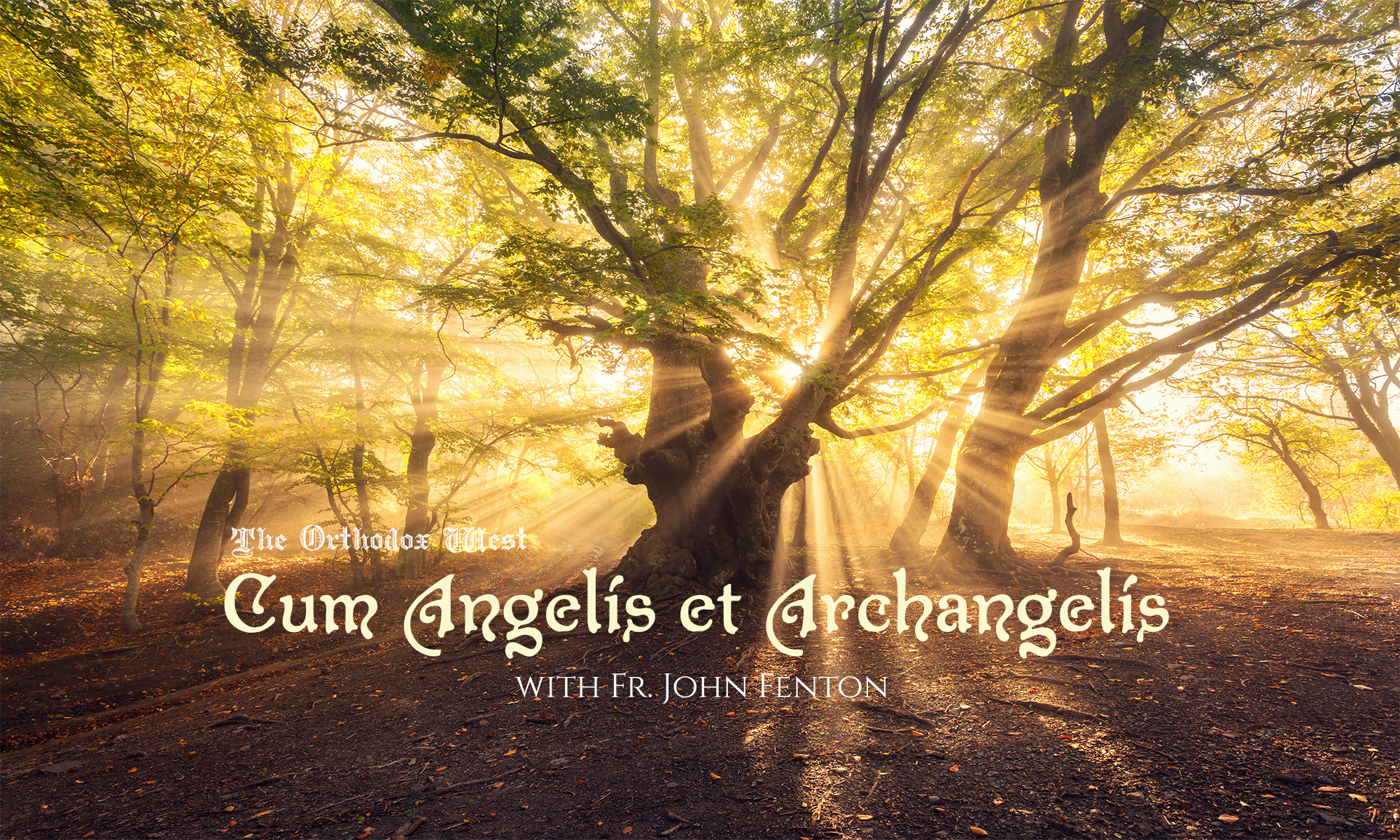There is a significant difference between knowing about God, and knowing God. Knowing about God means knowing data: facts, mannerisms, characteristics, qualities. For example, we know that God created, that God is merciful, that God became man, that God’s love is seen in the sacrifice of His Son, and that God wants us to live with Him. These are important things to know, but knowing these things does not yet mean we know God. It’s like knowing your spouse’s or friend’s or sibling’s characteristics, but not yet knowing what makes them tick or who they really are.
Honoring the Departed
Honoring our Parents and loved ones means to support them, to help them in time of need and, most importantly, to pray for them. That duty, especially toward our parents, is enjoined upon us by God in the Ten Commandments.
Keeping Distance
When the Lord God designed His temple, it had two rooms: an outer room and an inner room. The outer room was called the “Holy Place.” It had candlesticks, a table for the bread presented to God, and an altar of incense when the sacrifice was offered. The inner room was the heart of the temple. It was a separate room which only one person could enter, once a year. That room was called the “Holy of Holies” or the “Most Holy Place.” It held the Ark of the Covenant, which contained the types of Christ: the Word of God in the Ten Commandments; the Bread from Heaven in the manna; and the symbol of the Virgin Birth in the walking staff that miraculously flowered.
Two Things as One
At our best we tend to divide our life in God into two parts: worshipping God and serving others. For a time, you can worship; and for another time, we can help and serve. But we can’t do both; and we can’t specialize in both, because they are two very different things.
Not Ours, But For Us
During the Mass, we say (or sing) together these words: “Who for us men and for our salvation, came down from heaven.” Those words are, of course, from the Nicene Creed—the statement that summarizes the basics of the Orthodox Faith.
The Bishop Presents Christ
What an honor it iswhenever a Bishop visits his parish. For the Bishop is the living icon of Jesus Christ the high priest. As such, he re-presents Christ; that is, the Bishop repeatedly makes Christ present.
Re-Ordering Life
The ordination of men as priests or deacons can occur at any time. In the Western tradition, the Ember Days of Advent, Lent, September—and most especially the week of Pentecost—are designated for conferring the Sacrament of Holy Orders.
The Mass is from God
The Mass is not a human construct, fashioned according to our notions of pleasing worship. Rather, the Mass is divinely designed, fashioned by God to the smallest detail, including the style and shape of the vestments. This means that the Divine Liturgy is not divine because it is about God or in God’s presence; rather, the Mass is divine because it comes from God.
The Forgotten Feast
It’s no coincidence that the recent decline in the reverence and respect for the human body has coincided with the equally recent decline in the celebration of Our Lord’s Ascension.
Duty & Delight
We hear the word “obligation,” and too often we think of duties that must be performed, of requirements that must be done. And so “burden” and “compulsory” and “requirement” is what we hear. Especially to our American ear, “obligation” sounds tyrannical. It rings more of slavery than of freedom, more of servitude than of liberty. Perhaps that is due not only to our American spirit of fierce independence, but also to our fallen human nature which does not wish to be obliged to anyone or considered in anyone’s debt.
